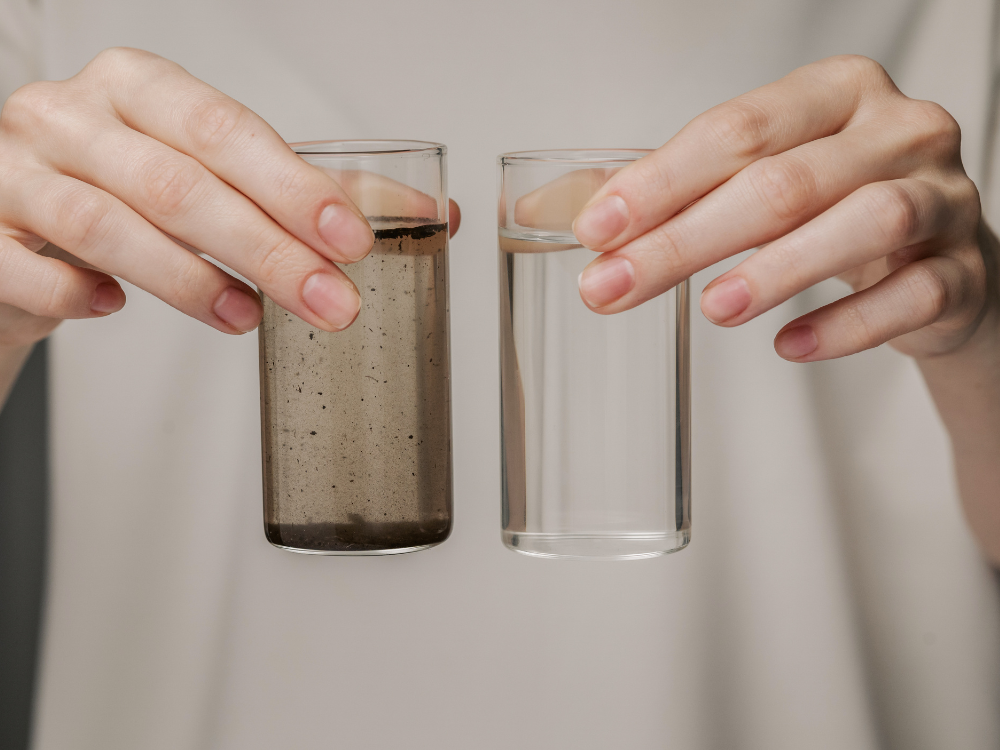
If you develop a rash after spending time at the beach, pool, or lake, it’s important to see your dermatologist or primary care physician. While most beachgoers expect to enjoy a day in the sun and water, health officials and environmental groups are raising concerns about the risks of contracting diseases from contaminated water at beaches and lakes.
Growing Risks of Water Contamination
The Centers for Disease Control and Prevention (CDC) has recently reported a rise in illnesses contracted from recreational water. The contamination often comes from storm-water runoff, sewage pollution, and other environmental factors that affect water quality. Public-health agencies are warning that beaches and lakes can harbor bacteria, viruses, and parasites that may cause skin rashes, gastrointestinal problems, or respiratory issues.
Increasing Water Quality Issues
A recent report from the Natural Resources Defense Council (NRDC) revealed that the number of beach closures and advisories due to contamination concerns has sharply increased, particularly in areas affected by heavy rains. Beaches along the Gulf of Mexico and New York State have seen a rise in closings, partly due to runoff pollution and, in some cases, the 2010 oil spill.
What You Can Do to Protect Yourself
Before visiting a beach or lake, it’s important to stay informed about water quality. The NRDC report uses a one- to five-star rating system to assess the safety of beaches, based on water testing and the frequency of closures. Check local advisories or visit the NRDC’s website to find out the quality of the water in your area.
If you experience any skin irritation, rash, or unusual symptoms after swimming, seek professional medical advice. Dermatologists near McLean can help identify whether your symptoms are related to water contamination and recommend appropriate treatments.


